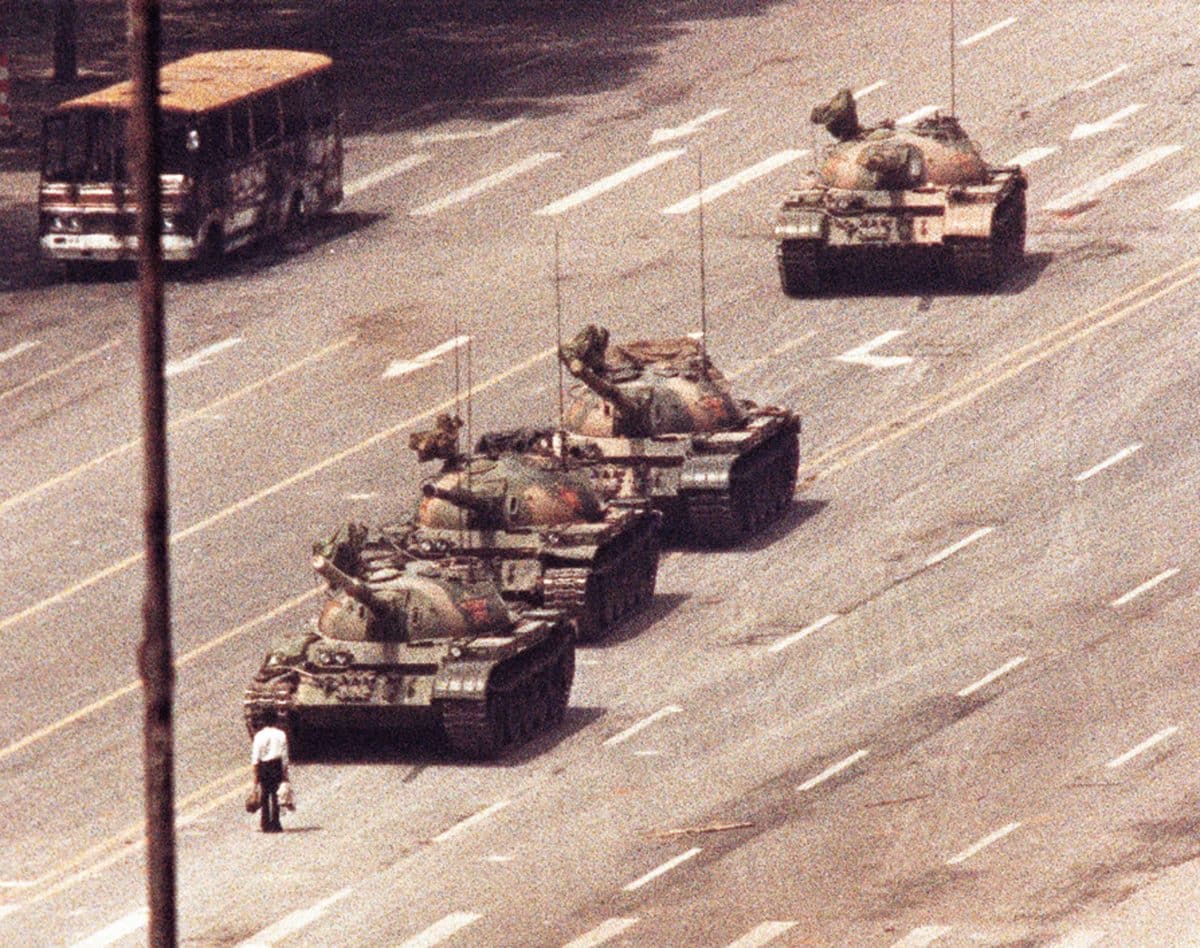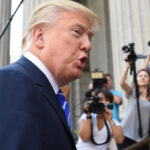Sen. Mitt Romney (R-Utah) on June 8 pressed Microsoft for more information on how and why its search engine returned no results for an iconic Tiananmen Square Massacre image on the anniversary of the communist crackdown.
On June 4, searches on Microsoft-powered engines from several countries returned no results for “tank man,” an iconic photo of an ordinary Chinese citizen standing in the way of an advancing tank.
“While the People’s Republic of China (PRC) infamously censors internet search terms related to the Tiananmen Square Massacre (including “Tank Man”), the possibility that the Chinese Communist Party’s (CCP) censorship would be extended to the United States by an American company is unacceptable,” Romney wrote in a letter (pdf) to Microsoft CEO Satya Nadella.
Microsoft blamed the issue on “accidental human error” but Romney is apparently unsatisfied with that explanation. The Utah senator posed a list of questions to Nadella, including whether a single Microsoft employee can cause such an error leading to censorship of search terms. Romney also asked what terms, if any, the CCP has asked Microsoft to censor in China and other countries over the past year.
According to the letter, searches for “tank man” in France, Switzerland, the United Kingdom, Germany, and Singapore returned no image results.
Microsoft is one of a few international search engines operating in China. In order to do so, the company complies with censorship requests from the CCP.
“Tank man” refers to the iconic image of a standoff between an unidentified civilian and a line of military tanks leaving Beijing’s Tiananmen Square after a brutal crackdown on pro-democracy protesters. The photo has become a symbol of defiance around the world.
After being alerted by reporters, Microsoft said in a statement that the issue was “due to an accidental human error and has been resolved.” Hours later, images of “tank man” photographs were returned by the search engine outside China.
The company did not elaborate on what the human error was or how it had happened. In his letter, Romney demanded more details on the matter, including whether the error took place in the United States or China.
Microsoft’s largest research and development center outside the United States is in China, and it posted a job in January for a China-based senior software engineer to lead a team that develops the technology powering Bing’s image search.
Chinese authorities require search engines, websites, and social media platforms operating within the country to censor keywords and results deemed politically sensitive or critical of the ruling CCP.
References to the Tiananmen Square crackdown in 1989 are blocked in China, as are images relating to the event, such as “tank man.”
In China, Bing competes with larger Chinese search engines such as Baidu and Sogou. Bing has a 2.5 percent market share the country, according to data site Statcounter.
Rival Google exited the Chinese market in 2010 after four years of operation, following disputes over censorship and a major hacking attack that Google believes originated in China.
The Associated Press contributed to this report.






